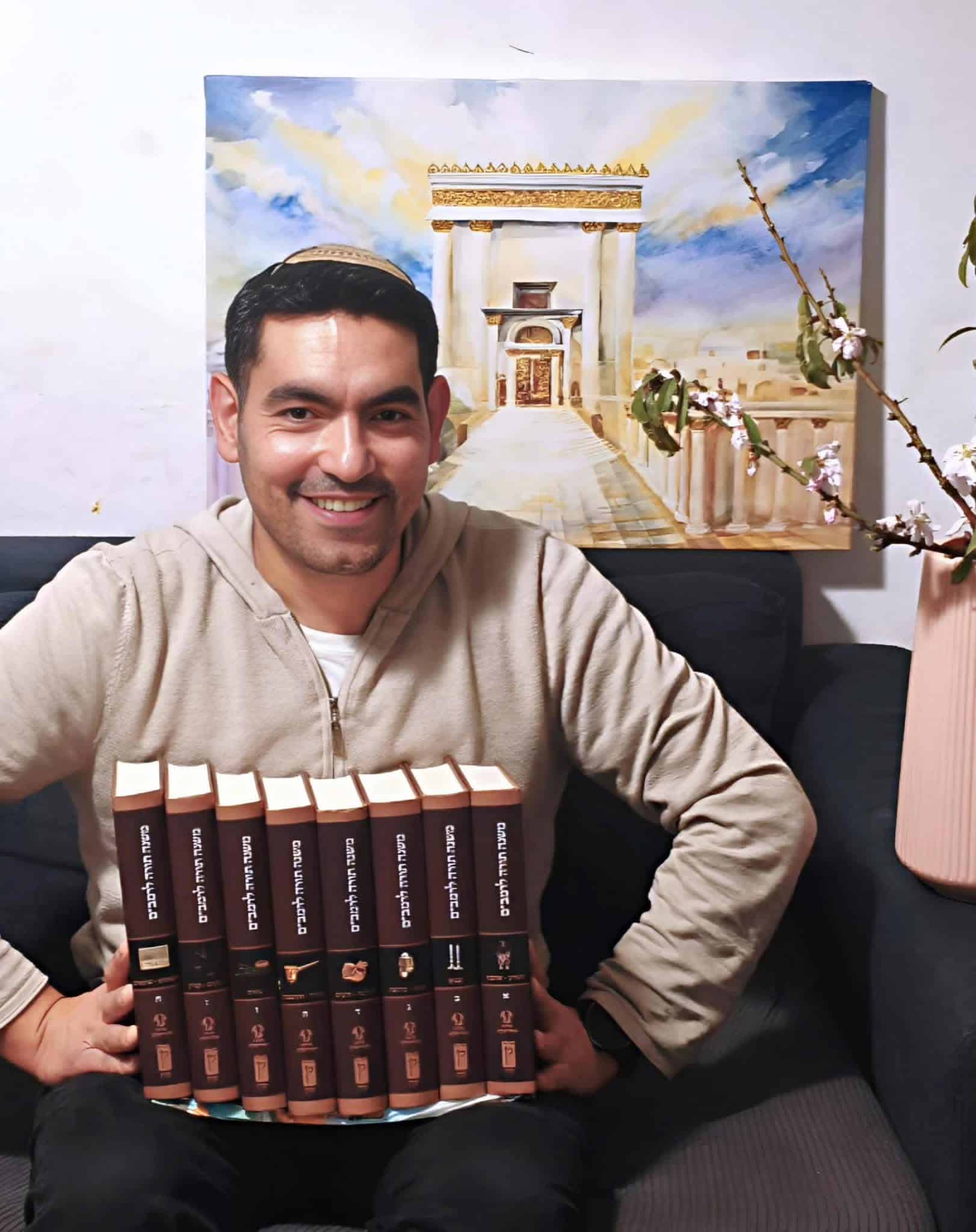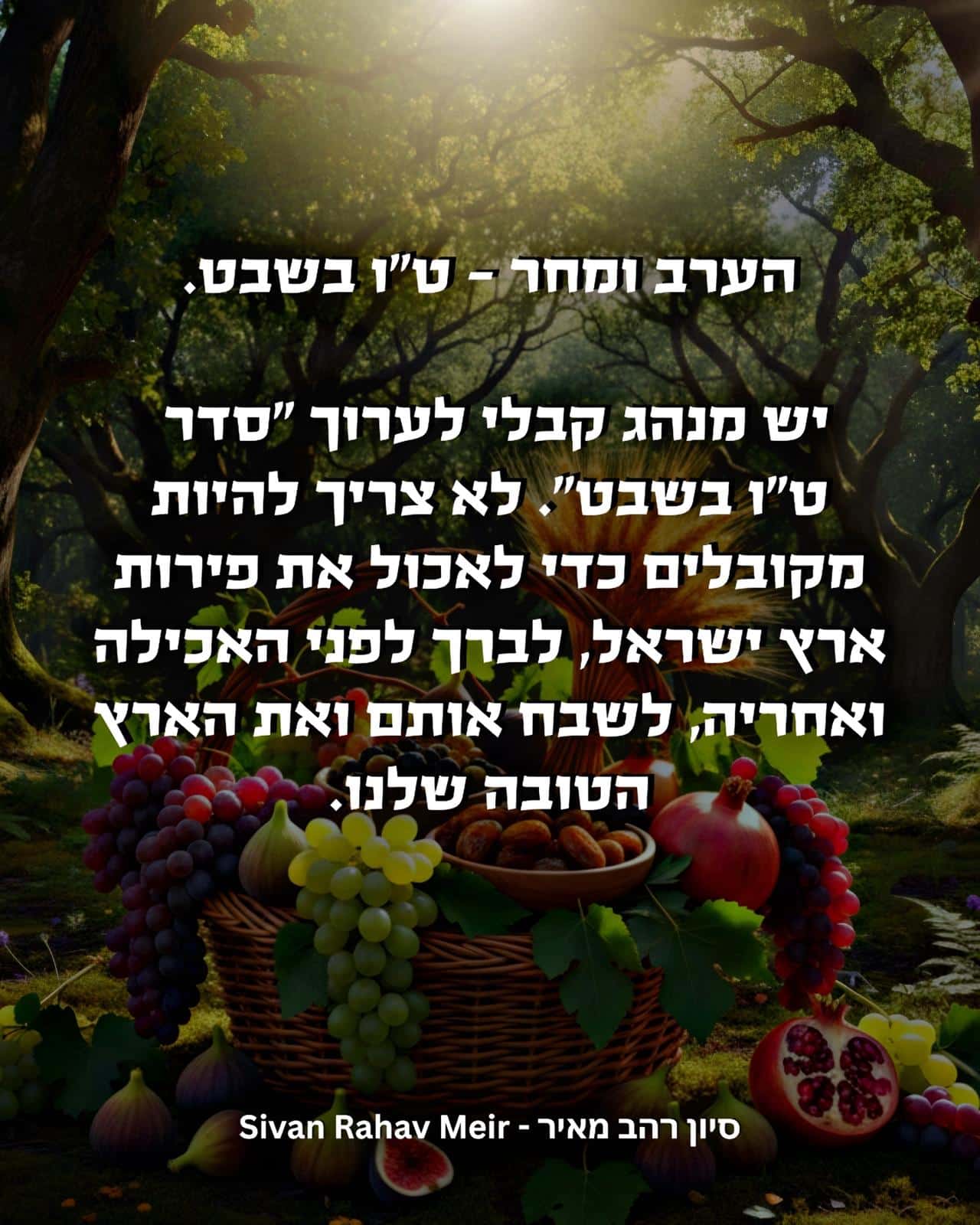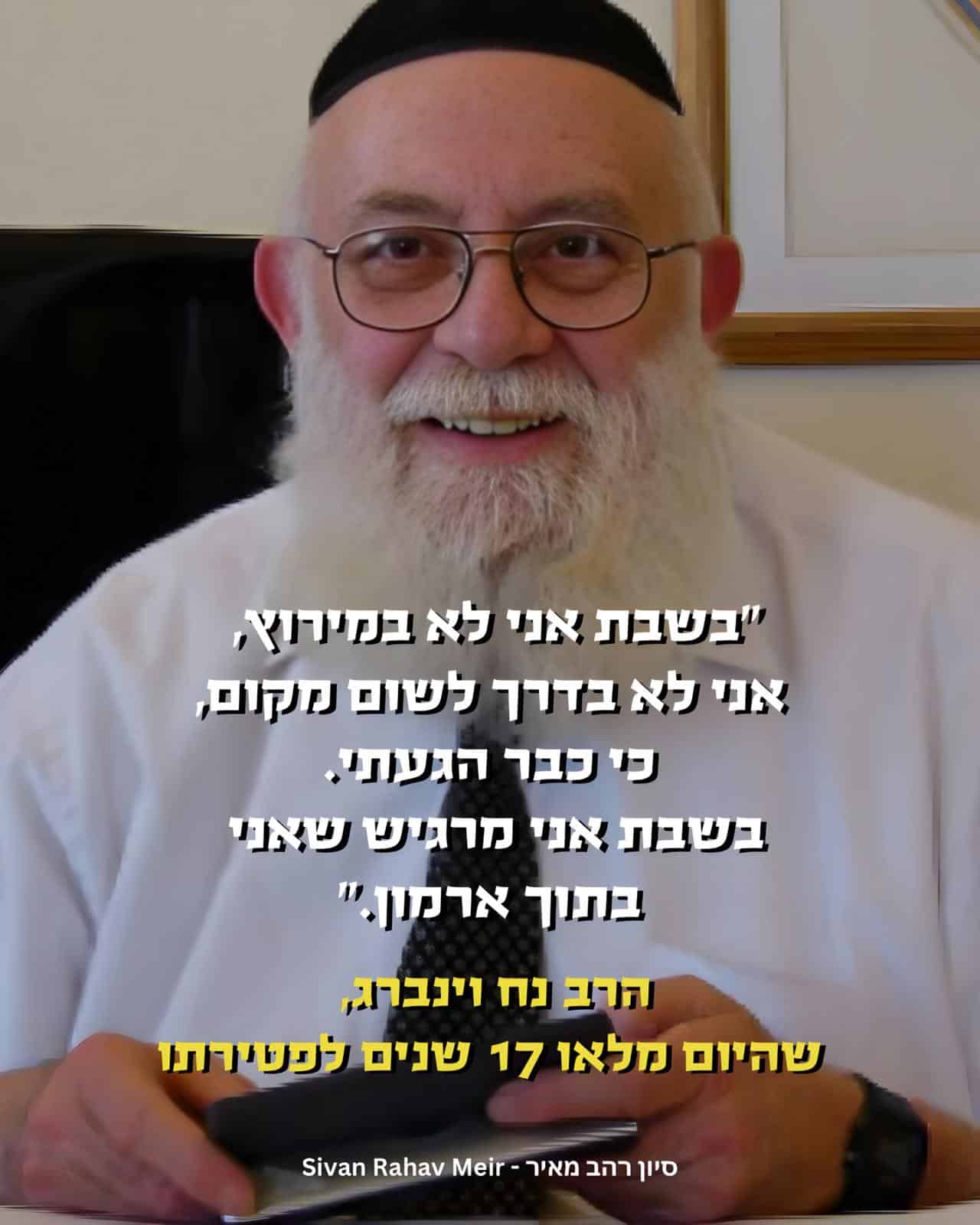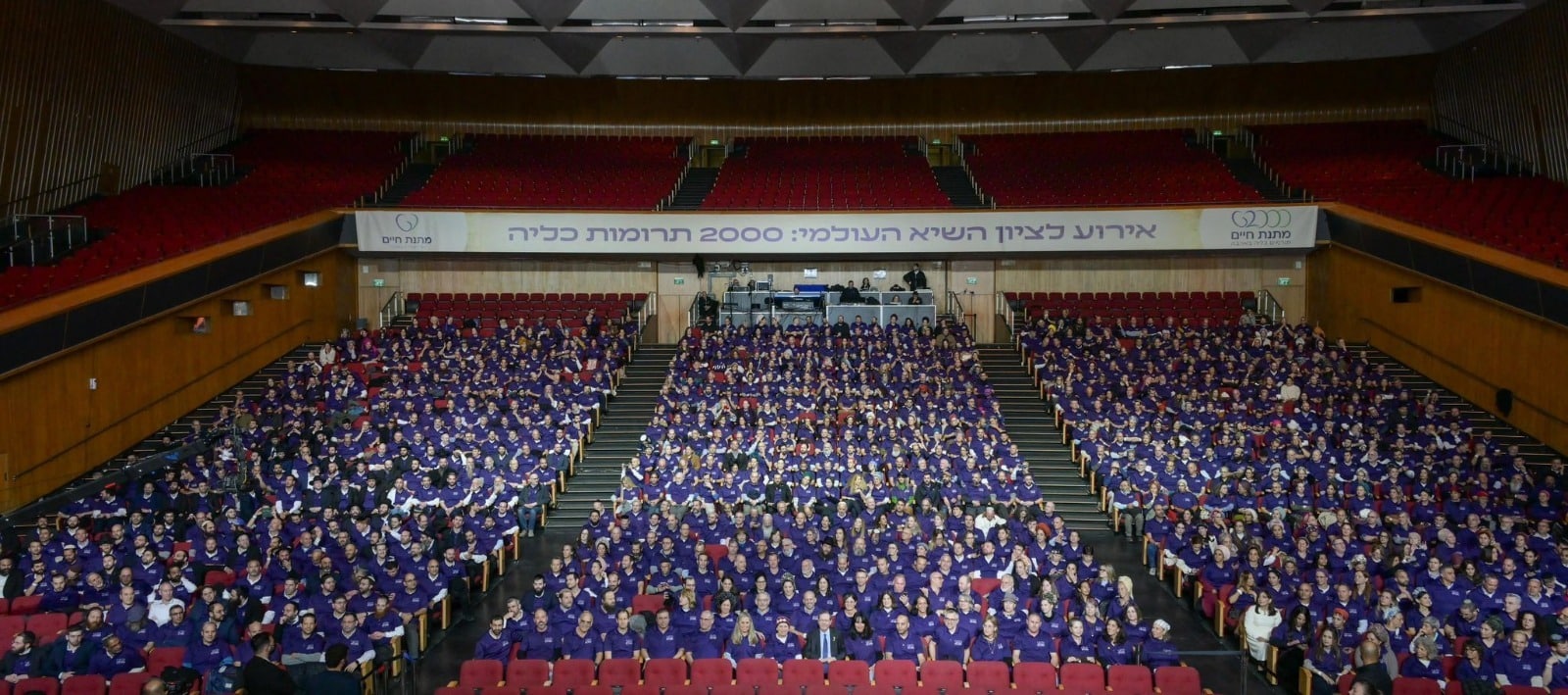* Translation by Yehoshua Siskin
1. Mazal tov. We concluded the book of Genesis last week and have now begun reading the book of Exodus, the second book of the Chumash (5 Books of Moses). The book of Exodus is often called “the book of exile and redemption” since it describes going out from Egyptian slavery to freedom. In this book, we are also transformed from a family into a nation.
2. This week we meet Moshe Rabbeinu for the first time. The greatest leader of the Jewish people ascends the world stage with a speech impediment, “slow of speech and slow of tongue.” In other words, knowing how to speak in an impressive manner is not a qualification for leadership. Rather, a leader is someone with deep faith and a heavenly directed vision for the future.
3. After all the divisive family conflicts in the book of Genesis, the book of Exodus presents a trio of cooperative siblings — the brothers Moshe and Aharon, and their sister Miriam. Working together, they will lead the nation on a 40-year journey through the desert. Their achievement is a model for successful leadership, characterized by self-effacement and partnership in order to reach divinely ordained goals.
4. The women in this week’s Torah portion are the protagonists of the story. The Jewish midwives defy Pharaoh’s order to kill every Jewish baby boy. Yocheved gives birth to Moshe and hides him until Miriam, his sister, places him in a basket in the Nile River where Pharaoh’s daughter, Batya, will find and save him. Our sages comment that “in the merit of righteous women Israel was redeemed from Egypt, and in their merit Israel will be redeemed in the future.”
5. The book of Exodus is not just a historical document about leaving Egyptian slavery and becoming free. Instead, it conveys a message that is pertinent to us at all times and in all places. Each individual has their own form of enslavement and must embark on a personal journey towards freedom. In the book “Netivot Shalom” it is written: “The mission for which every soul descends into the world is to take itself out of Egypt.” This is a mission that every individual encounters anew every single day.
In two days, Shabbat arrives. Each week, Shabbat allows us to taste redemption as we leave the slavery of daily concerns for the freedom of a day of rest and holiness. Shabbat shalom.
Weekly Shiur in Hebrew:









